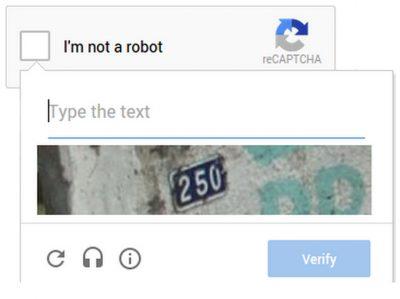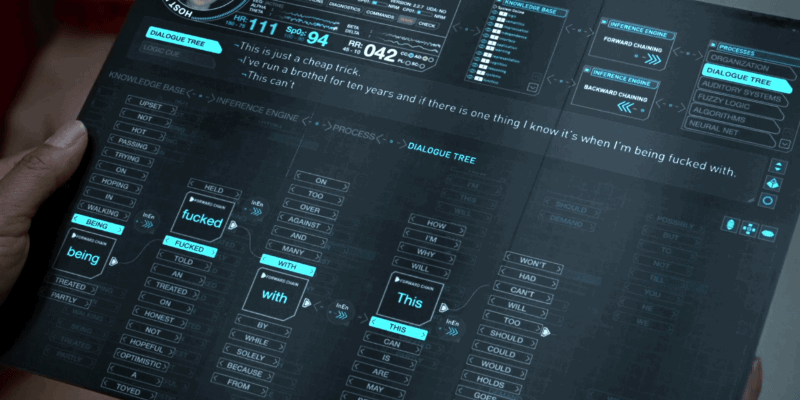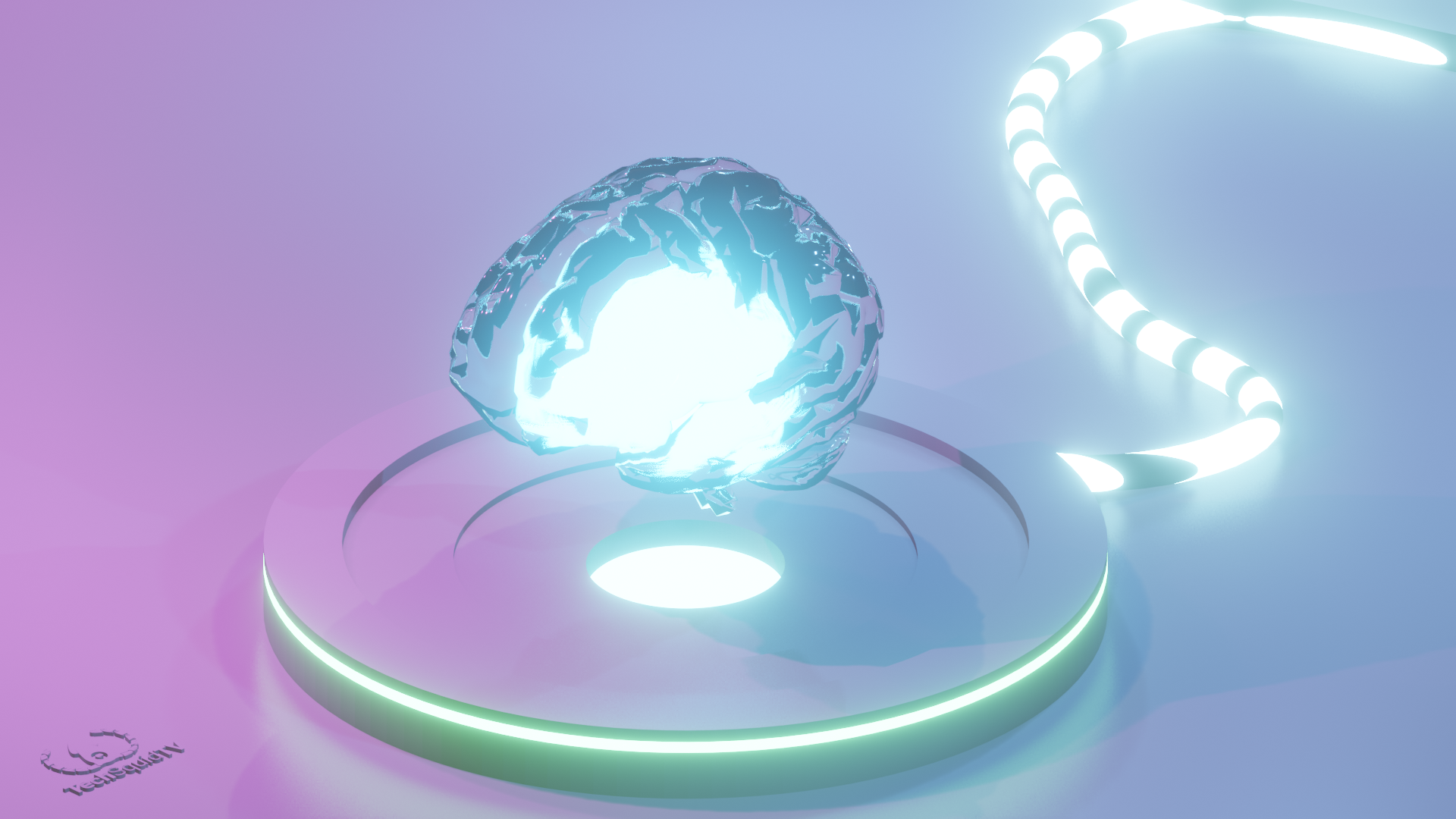If you haven’t seen HBO’s “Westworld” then… eh, actually honestly, it’s a toss up, it’s up to you. Personally I think they over promised and under delivered, BUT it’s worth talking about because they went over some amazing concepts.
In case it’s not obvious from the title – MASSIVE SPOILERS AHEAD.
For those who haven’t seen the show at all, Westworld is essentially a theme park for the ultra rich in which they live out their deepest fantasies in a wild west world populated with “people” who they can … “interact” with in which ever manner they wish. The “people” are actually human replicas made in a lab with a complex AI brain and a persona written for their character in the park, like a bartender or sherif. These replicas appear to be so human like, it is difficult or impossible to tell who is real from the AI. The only clue we have is that the synthetic humans have to obey their code, i.e. can never hurt the guests.
In “The Riddle of the Sphinx” (Season 2, Episode 4) our two heros for this scene, Elsie and Bernard are exploring a secret bunker somewhere deep in the park when they discover a hidden underground testing lab. In it, they find James Delos.
James Delos, was the original owner of the park who appeared to be potentially dying from a fatal disease. At this point in time it is certain Mr. Delos would be dead, and in fact we find out that the James in the lab, is actually a “test”, in copying the personality of the real James Delos.
It is later revealed that the true reason for the park’s existence is for data collection to train an AI to be indistinguishable from the human it is replicating.
This is similar to how Google’s captcha system was actually less about finding out if you are a robot or not, and really an excuse to use nearly every person on the internet to train an AI to be able to identify road signs, house numbers, and cat’s faces to help build its camera AI and Google maps system.

The park gives them a way to study an individual’s unfiltered behavior in a variety of controlled and scripted situations over years of recurring visitation. Information that could potentially be used to aid in creating a reliable “clone” of someone.
Is the replica James Delos alive?
Cogito, ergo sum I think, therefore I am
If you can’t tell the difference. Does it matter?
Currently, you can not prove anyone you have ever met in your life is not dictated by AI. You are only reasonably sure that you are real and possibly not an AI. Everything else is your subjective reality.
We can debate what is alive, real, and conscious all day. What we will definitively say in this article is that in a number of years, an AI will be close to what we see in Westworld. You will be able to replicate a human mind and achieve fidelity. And in essence, the difference won’t matter.
Fidelity – this concept is is introduced in season 2, episode 4.
Truly achieving a replica AI would mean it would make all of the same choices and actions that you would. When asked a certain question in a certain context, we expect the AI to behave a certain way.
When an impressionist is giving a performance, acting out a known public figure they will move with the same mannerisms and speak with the same inflections. They may even project what they think that individual might do in a certain circumstance. They are breaking down someone’s core characteristics into a code, one that can be adapted to fit many situations yet if done well, most people would agree is how the portrayed would act.
Natural Language Processing
I do apologize but I am going to talk about some mathy things for a moment, but if you’re with me so far, stick around, I promise it’s worth it.
Math and science have a terrifyingly beautiful way of describing the most complex things in the world with simple and comparatively tiny math equations. We are still unsettlingly early in our understanding of science, it’s easy to forget the revolution of the smartphone and what technology was like before then.
Markov Chains are these incredible equations that model a set of possibilities and which is most likely to occur. What makes this special, is they learn from previous iterations. Previous events influence the decision made when selection the most probable option. If you really want to dive in, you should check out this Khan Academy course on Markov Chains.
What is interesting, is you can feed it sentences, and it will be able to use these sentences as training data to construct new ones. However, they are mostly nonsense. They do some interesting things, it seems to know that a sentence that starts with the word “Then” is likely to be followed by a comma. It can make some semi convincing filler text, the content has no substance.
You can play with Markov Chains online right here.
Westworld gives us a great glimpse of how a true natural language processor might look.

This is something that might be achievable with something similar to “Deep Learning” A.I.
One such type of “Deep Learning” A.I. is the convolutional neural network. Used by Google in their “Deep Minds” lab. This technology with enough data can do some interesting things.
How interesting you ask?
A.I. Can Fool You
Here is an AI system calling a hair salon, speaking to a human, and booking an appointment, and the human never knew that they were speaking to an AI.
What you have just heard is quite possibly one of the largest achievements in A.I. thus far. Do not play down how incredible what just happened was. This bot arguably passed the turing test.
The Turing Test, developed by Alan Turing was a test designed to prove if a machine could sufficiently fool a human into thinking that the machine was in fact a person. While this test was originally devised to determine if computers could think, we found out they didn’t need to in order to fool us.
This is an enormous step in A.I. But, how close is it to replacing you? How good of an impressionist is a computer?
Let’s go back to that Google Keynote.
John Legend spent time in a studio with Google training the Google Assistant on John Legend’s voice. You can now ask Google a question and the voice speaking back to you sounds just like John Legend, with all of the little inflections and quirks that make his voice unique (though not perfect).
You’ve seen celebrity voices in GPS systems and such in the past but this is different, this is dynamically generated speech. Google can make John legend say things has never said before.
Photoshop for speech
Adobe is working on a tool that can analyze your speech, perhaps similar to how Google analyzed John Legend’s voice, and then synthesize entirely new speech from text using that trained voice model.
What does that mean? That means you can make anyone, say anything. Copying all of the characteristics of their voice.
Check out Adobe’s Project #VoCo
Simply obtain vocal data to train the model, the more you have, the better and more accurate it will be. Adobe state’s you only need 20 minutes of speech to completely replicate someone’s voice.
Then insert your text and you are set to go. Text that could also be generated by a Natural Language Processor like we talked about before.
At this point we are only missing the visual component.
Deep Fakes
“Deepfakes” was an internet sensation for a while. With some footage (which is just a string of pictures) and a ton of images of someone’s face, a regular computer can utilize a deep learning algorithm to “face swap” with some A.I. magic sprinkled in, trained on the reference images.
On the left is actor Alec Baldwin portraying president Donald Trump. On the right, is the footage fed through an AI system on a home computer with hundreds or thousands of reference photos of Donald Trump.
The result is a very convincing video of the President of the United States doing and saying things he never did. This is not really tied to the AI we are talking about but it gives you a glimpse into the future of what could exist.
Your Personality Is Code
We spoke of the impressionist who takes a character and breaks them down, their temperament, their political stances, their mannerism, their being and creates a convincing analog.
Mozart, Beethoven and Chopin never died, they simply became music.
This quote by one of the main characters (Robert Ford) makes reference to the unsettling ending to the show. A library is revealed to hold text books each book, contained all of the code necessary in the end to replicate a human mind.
Replicating an AI as convincing as you or I seems difficult at the moment. We imagine the need to perfectly replicate the brain in every way. We imagine you must contain this incredible amount of data, too much data to even consider.
Or, we need better algorithms. And they are coming.
As cloud computing and AI grow, it finds its ways into the hands of more people, the individual components and tasks will grow in complexity giving more power to anyone making use of it. Data storage mediums will become smaller as it has been doing over the years, as well as more distributed in the cloud. Data collection will increase with smart devices and personal assistants.
Cloud computing is so cheap and easily available, you can build your own Google home assistant for only $10 in materials.
Quantum computing available over the cloud will allow for faster computation in complex AI systems and this access is already being provided to every day programmers.
And so, with all of this data and computational power, with technology headed the direction it is… We ask the question:
Could you replicate someone with AI?
Definitely, or at least good enough.
